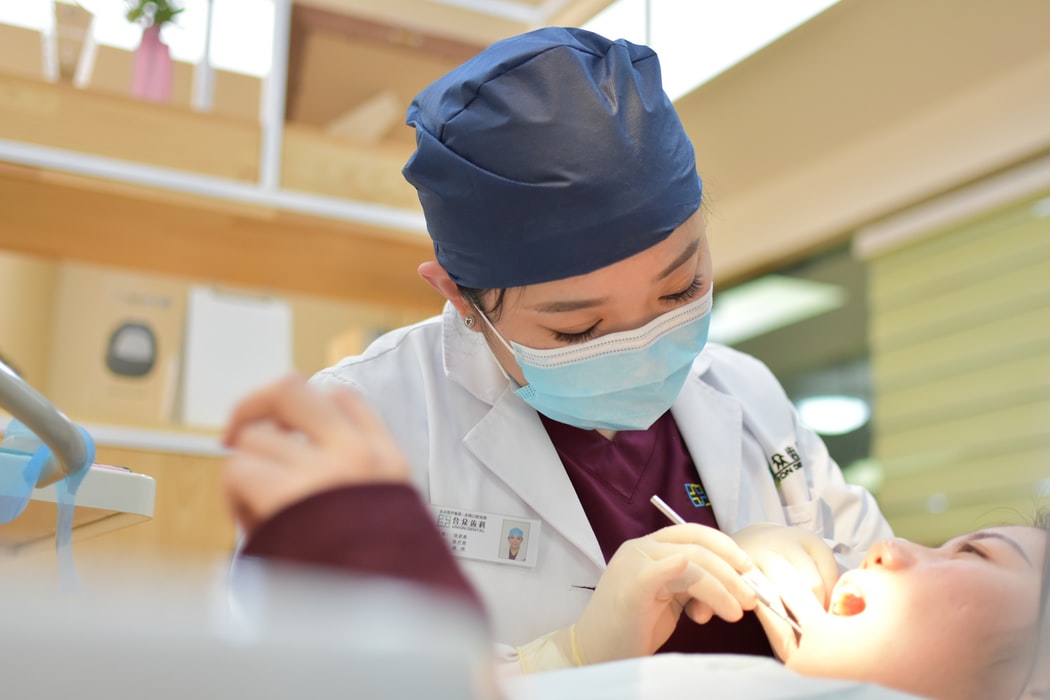
Visit the dentist regularly to learn about good oral hygiene and avoid having microbes live in the mouth, new study says.
The paper titled "Patterns of Oral Microbiota Diversity in Adults and Children: A Crowdsourced Population Study" presents new proof that regular dentist visits are associated with overall good health.
Researchers from Colorado State University examined the invisible communities of microbes that occupy the mouth.
Published in Scientific Reports, the study identified the correlation between people who did not visit the dentist frequently and wide presence of a pathogen that leads to periodontal disease.
"Our study also showed that crowdsourcing and using community scientists can be a really good way to get this type of data, without having to use large, case-controlled studies," said Zach Burcham, a postdoctoral researcher and the paper's lead author. Senior author Metcalf is an associate professor in the Department of Animal Sciences and a member of CSU's Microbiome Network.
For the expements of Jessica Metcalf's research lab at CSU and Nicole Garneau's research team at the Denver Museum of Nature & Science, a significant cross-section of museum visitors submitted to a cheek swab and responded to questions about their demographics, lifestyles and health habits.
Their findings emphasize the need to be more careful about oral health as linked to the health of one's body. Individuals who flossed recorded lower microbial diversity in their mouths than non-flossers. This is caused by the physical removal of bacteria that could lead to inflammation or disease.
Meanwhile, adults who visited a dentist in the last three months recorded lower overall microbial diversity in their mouths than those who had not gone in 12 months or longer. The first group also experienced less of the periodontal disease-causing oral pathogen, Treponema.
"Together, we had a dream team for using community science to answer complicated questions about human health and nutrition, using state-of-the-art microbial sequencing and analysis," Garneau said.






